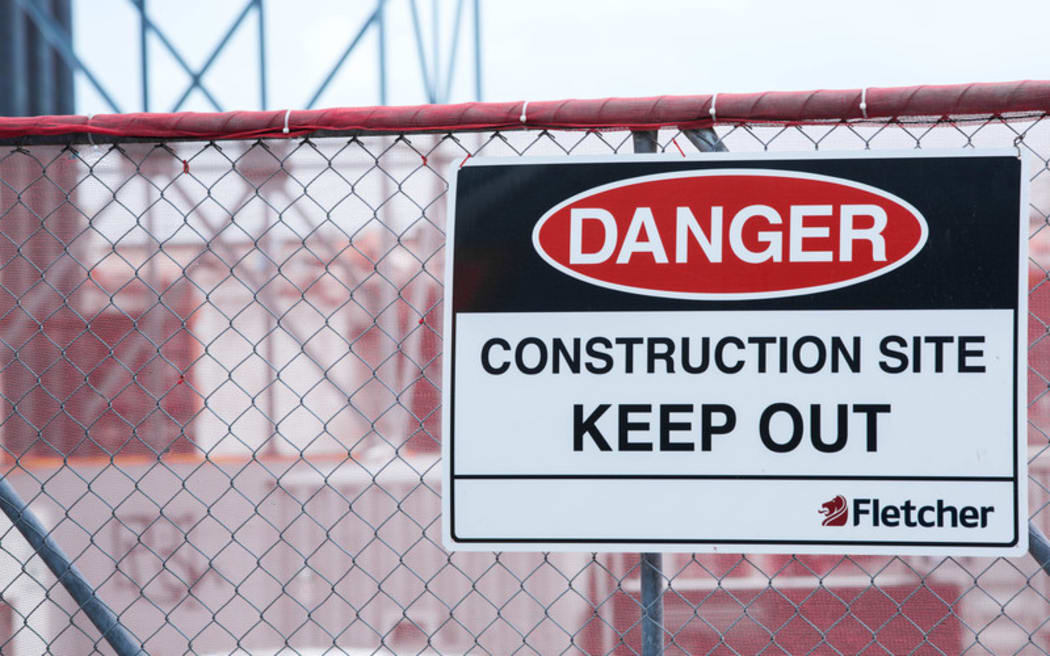Some local councillors have been pressuring staff not to take action over breaches of resource consents, according to an Environment Ministry report.

Councillors were directly involved in investigations over possible RMA leaks, the report found. Photo: RNZ / Cole Eastham-Farrelly
Ministry officials spoke to both staff and councillors from 13 local bodies around the country.
The report outlined cases where council staff said it was common for councillors to pressure them over how to handle resource consent breaches.
Some councillors were directly involved in investigations and deciding whether to prosecute. They said this was necessary because of the high cost of taking people to court.
But many staff also said councillors were reluctant to prosecute the people who voted for them.
Enforcement officers are responsible for investigating and prosecuting breaches of the Resource Management Act (RMA), and are meant to act independently of any political influence.
Forest and Bird advocacy manager Kevin Hackwell said people would not stand for this in a different context.
"It'd be equivalent to having an MP finding out that one of his or her constituents had been caught drunk driving and was going to be prosecuted, and having a word to the commissioner of police and saying, 'Hey, don't prosecute my constituent, it's a friend of mine'."
In one region, councillors admitted to standing at election to change the way the council enforced the RMA.
Staff at that authority were required to give notice before inspecting sites - which they said made the information they did collect unreliable, and potentially misleading.
Greens environment spokesperson Eugenie Sage said any political involvement in enforcing the Act was unacceptable.
"Councillors should remain entirely separate from any decisions about whether to take compliance and enforcement action, and chief executives should be robust and push back against that, and make sure that officers are able to make independent decisions with no political interference."
The report did praise one council, which forbade compliance staff from talking directly to councillors about monitoring and enforcement.
Mr Hackwell said while that was a positive, it should be standard throughout the country.
"Yes, those sorts of processes are available, it is good practice...[but] we should expect that good practice to be occurring in every council in New Zealand.
"We need greater consistency, we need to be protecting the environment, and looking after the public interest."
Local Government New Zealand said most councils had policies and processes in place to ensure decisions about prosecutions were free of political bias.
It said it advised all councils to adhere to proper decision-making processes.
RMA changes likely to head back to committee
Meanwhile, Environment Minister Nick Smith says controversial legislation changing the Resource Management Act is likely to be sent back to a parliamentary committee for more discussions.
The Local Government and Environment committee has been considering the bill since late last year and is due to present its report on Monday.
But it is understood a report prepared by officials recommending huge changes was only received by the committee this week, and was not able to be acted on before Monday's deadline.
Mr Smith said he expected the bill would be referred back to the committee.
He said it was a big and complex bill, and Parliament would want a complete report.

